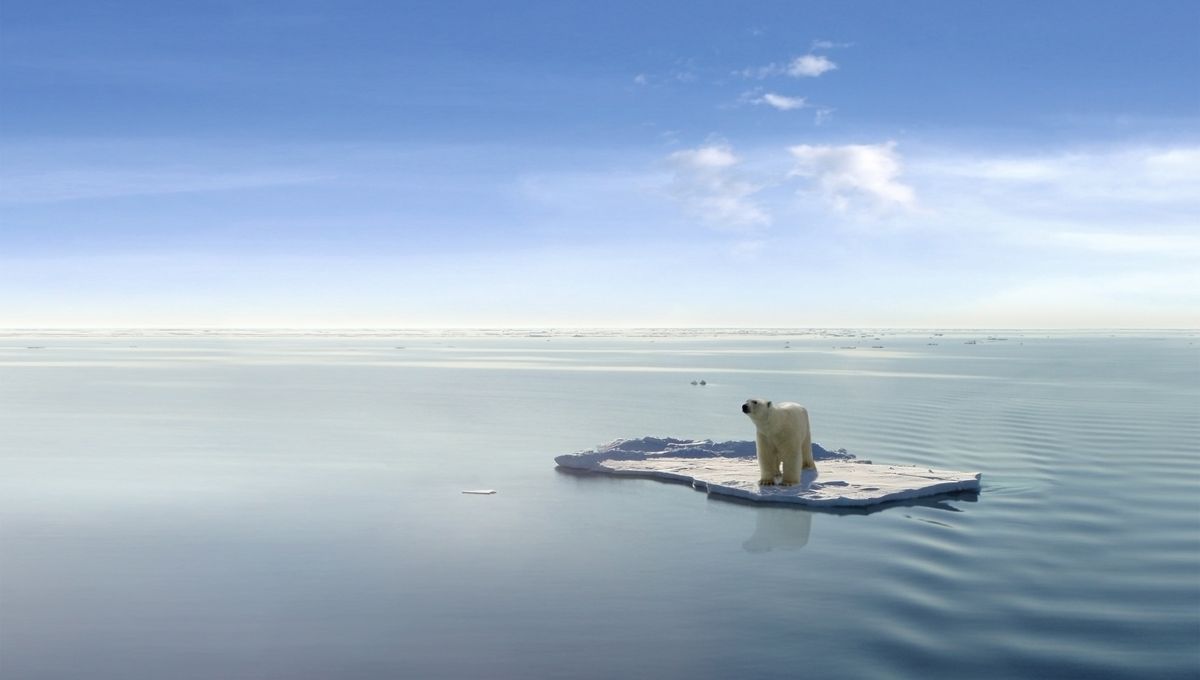
The world currently has less sea ice than ever before according to a new analysis, with both the Arctic and Antarctic experiencing unusually warm temperatures. This has led to a massive melt in the region around the South Pole, while things in the north just aren’t freezing like they should be at this time of year.
ADVERTISEMENT GO AD FREE
Using data from the US National Snow and Ice Data Center (NSIDC), the BBC has calculated that the combined extent of Arctic and Antarctic sea ice was 15.76 million square kilometers (6.08 million square miles) over the five days to February 13. That’s noticeably less than the previous record low of 15.93 million square kilometers (6.15 million square miles), which was set over a five-day period between January and February 2023.
The depressingly low total reflects the fact that Arctic sea ice measurements finished 2024 at their lowest-ever December levels. The new year then began with the second worst January on record, and the overall frozen area is currently around 0.2 million square kilometers (77,220 square miles) smaller than the previous low for the month of February.
At the other end of the planet, the record for surface melting of the Antarctic Ice Sheet has been broken multiple times over the course of this southern hemisphere summer, with new milestones reached throughout December and January. According to the NSIDC, this mass melt has been driven by abnormal temperatures over the Antarctic Ice Sheet, where the mercury hovered around 1°C (2°F) above average for the entire second half of 2024.
A separate analysis also found that warm Southern Ocean conditions and changes in wind patterns may be accelerating this loss of ice, and could explain why Antarctic sea ice is now getting close to dropping below its record low, which was set in 2023. That event was expected to occur around once every 2,000 years, yet human-driven climate change is now threatening to convert this anomaly into a normality.
For instance, January 2025 was the hottest month ever recorded, while 2024 as a whole saw the planet surpass the dreaded mark of 1.5°C (2.7°F) above pre-industrial levels for the first time.
On the subject of warming, the BBC reports that temperatures at the North Pole were around 20°C (36°F ) higher than expected in early February, contributing to the sluggish freeze-up this winter.
ADVERTISEMENT GO AD FREE
To make matters worse, low sea ice levels have the potential to trigger a vicious cycle because of the albedo effect, which refers to the tendency of light-colored surfaces to reflect the sun’s rays back into space. As the white blanket that coats the planet’s poles shrinks, more of the dark ocean is exposed, which means more solar radiation is absorbed and warming is intensified.
And with temperatures continuing to rise, scientists fear that the Arctic could see its first ice-free summer before the middle of this century.
Source Link: Global Sea Ice Plummets To New Record Low Amid Unusually Warm Temperatures